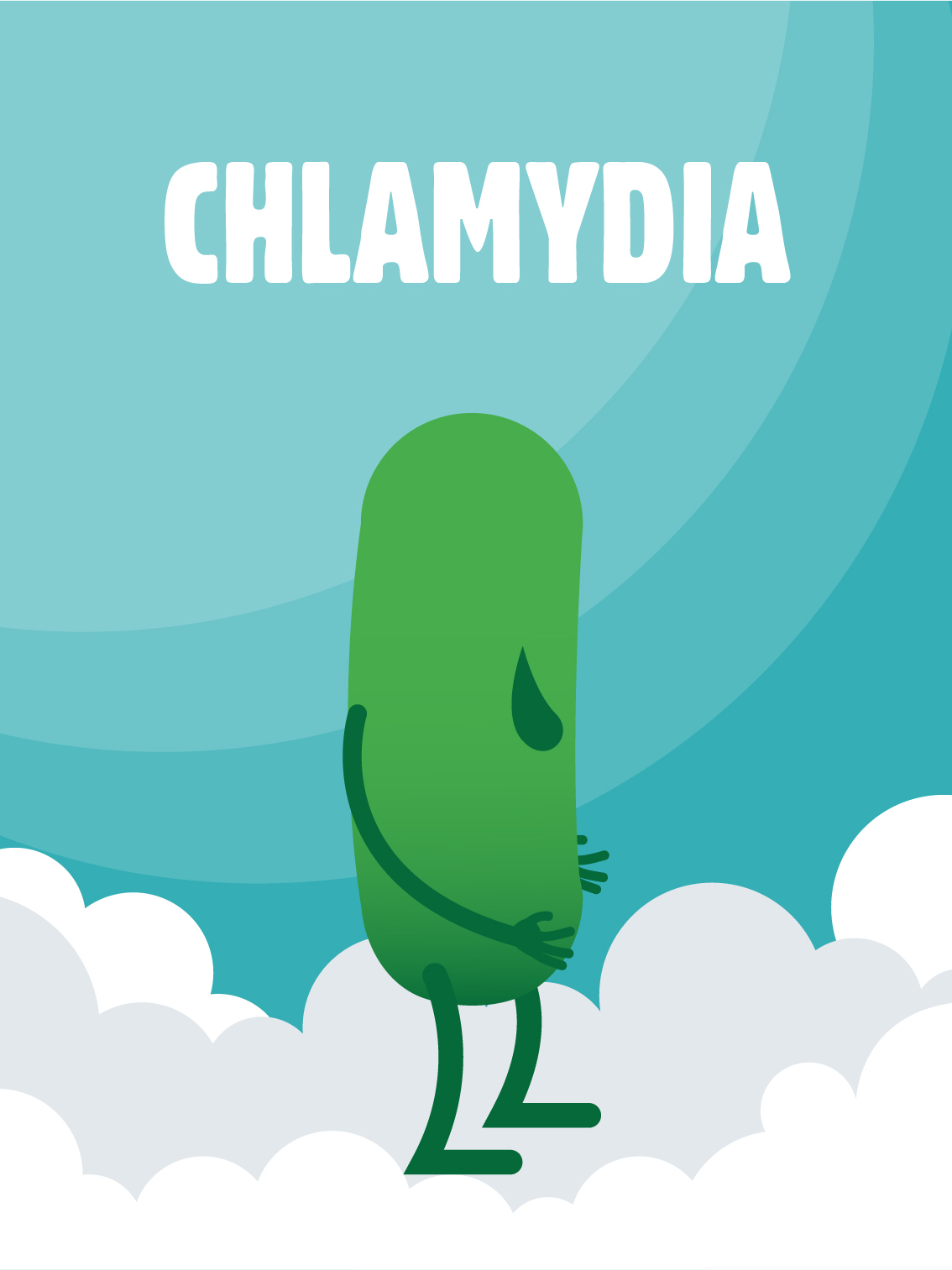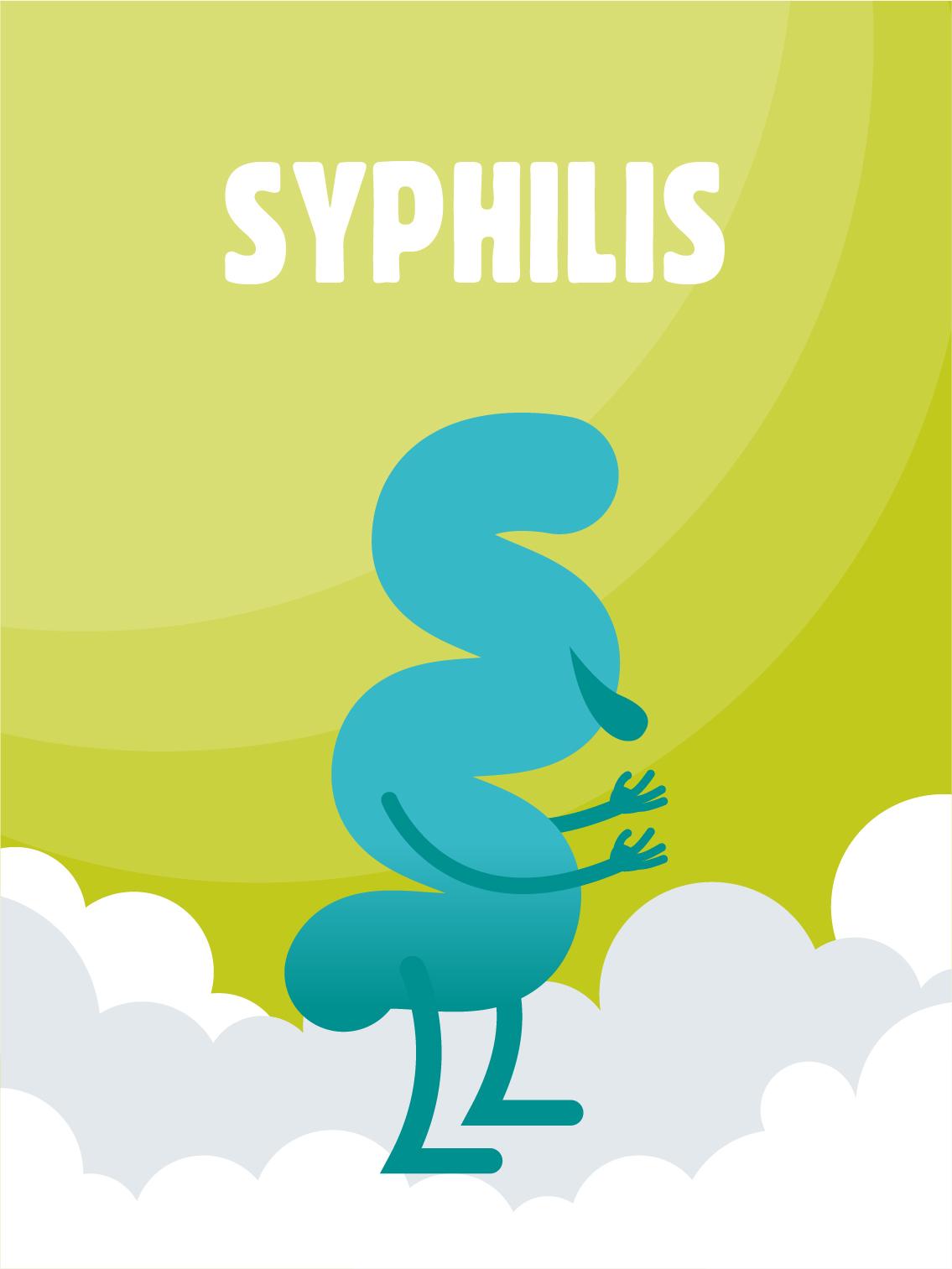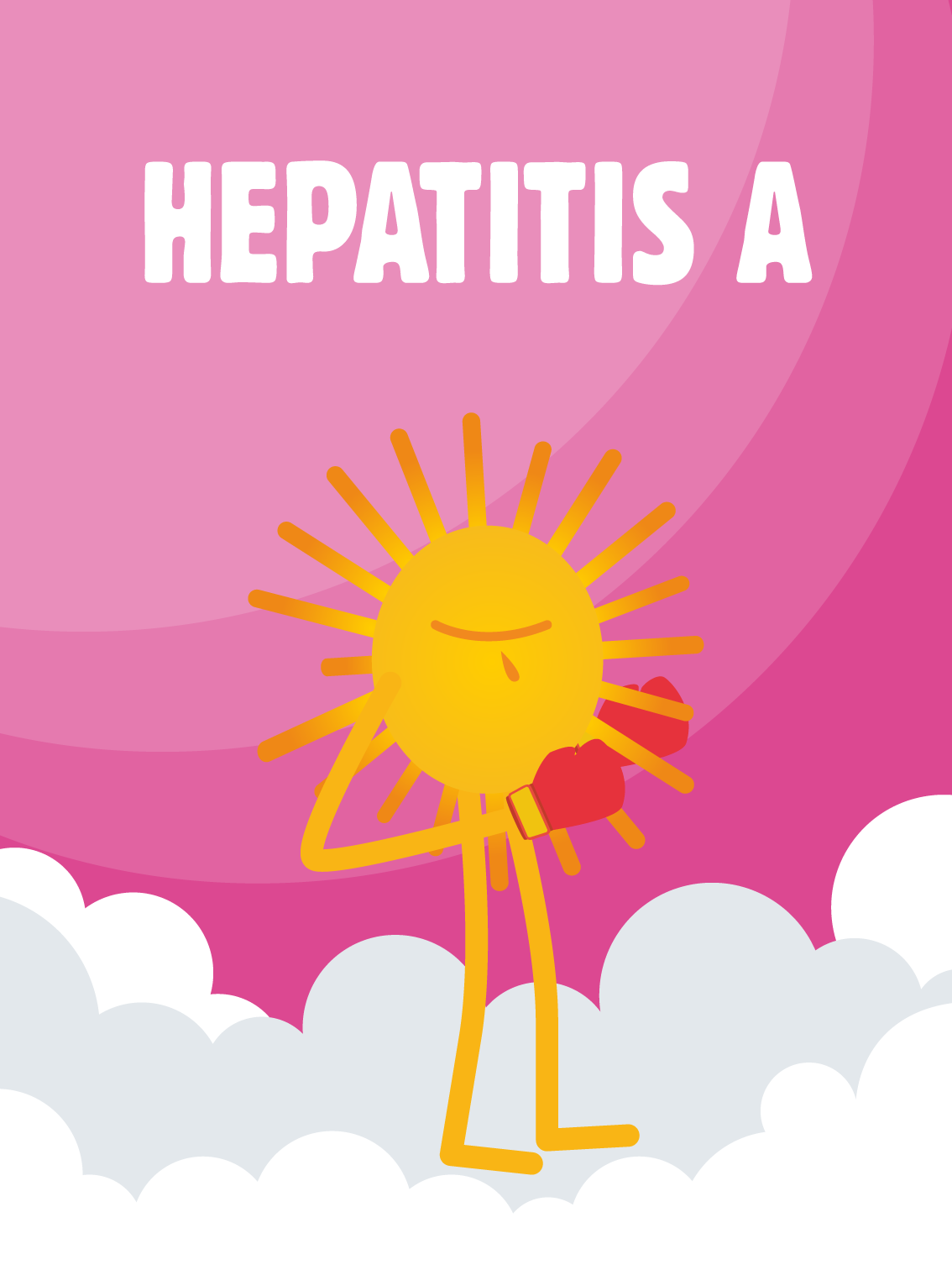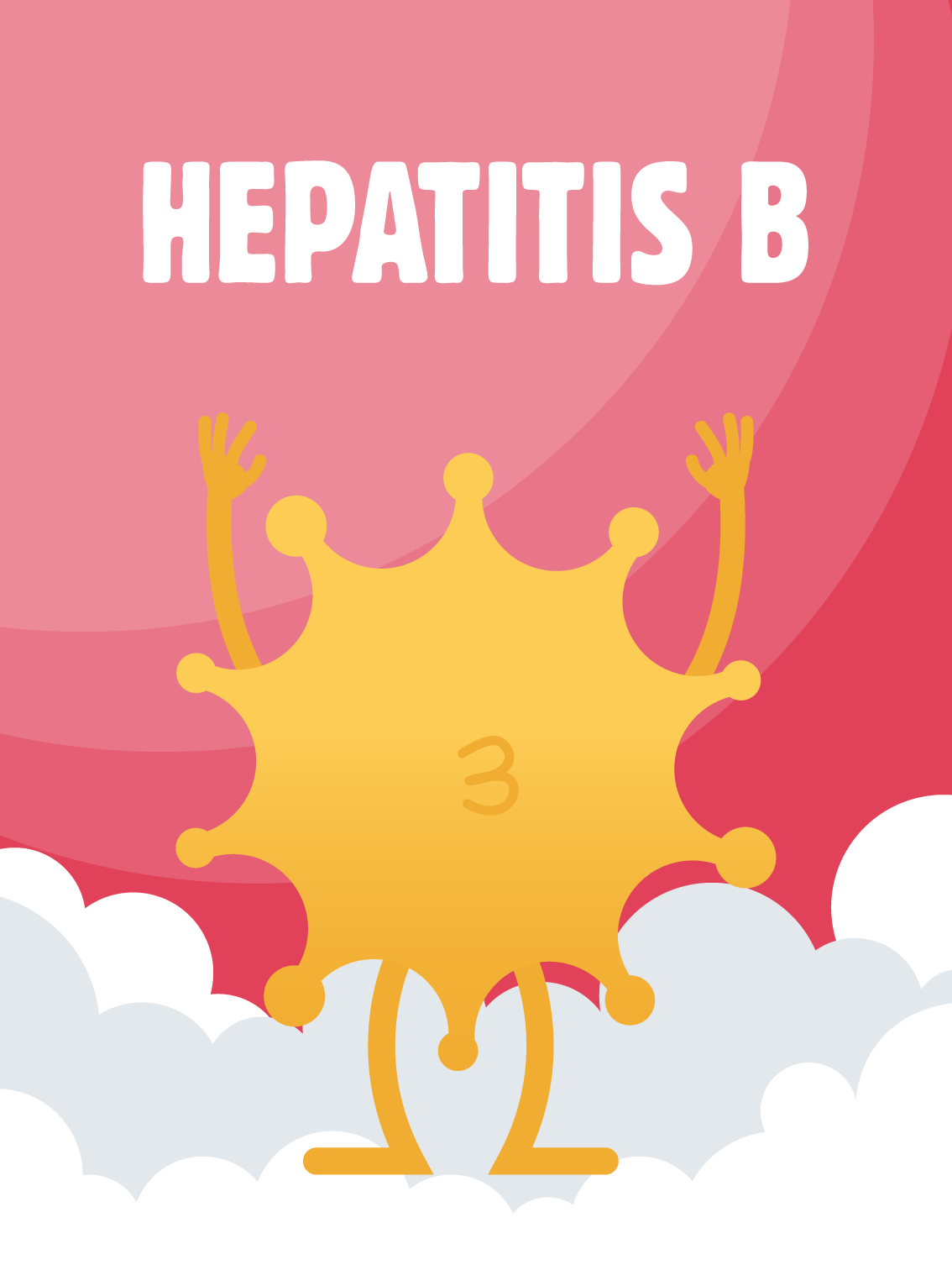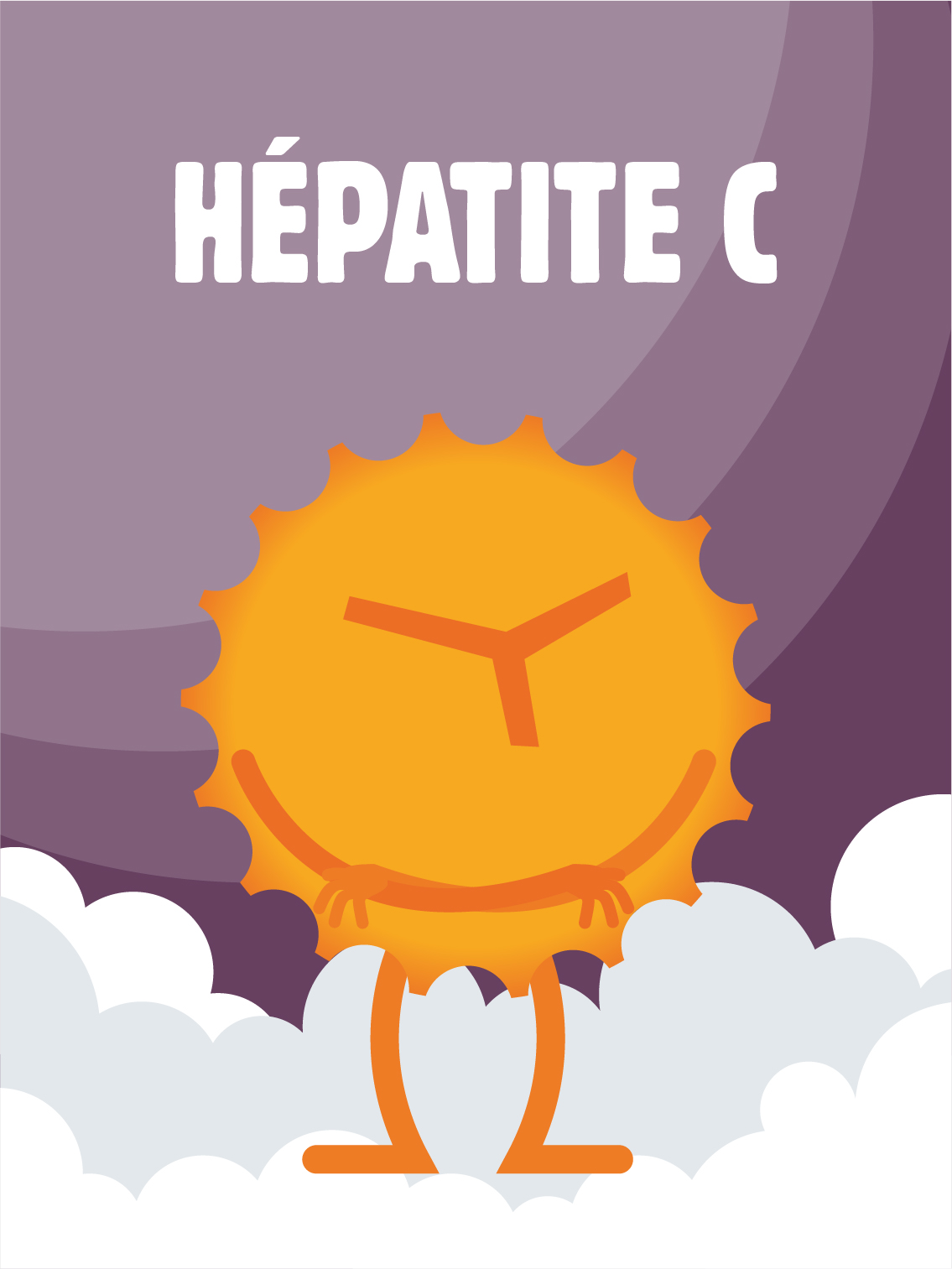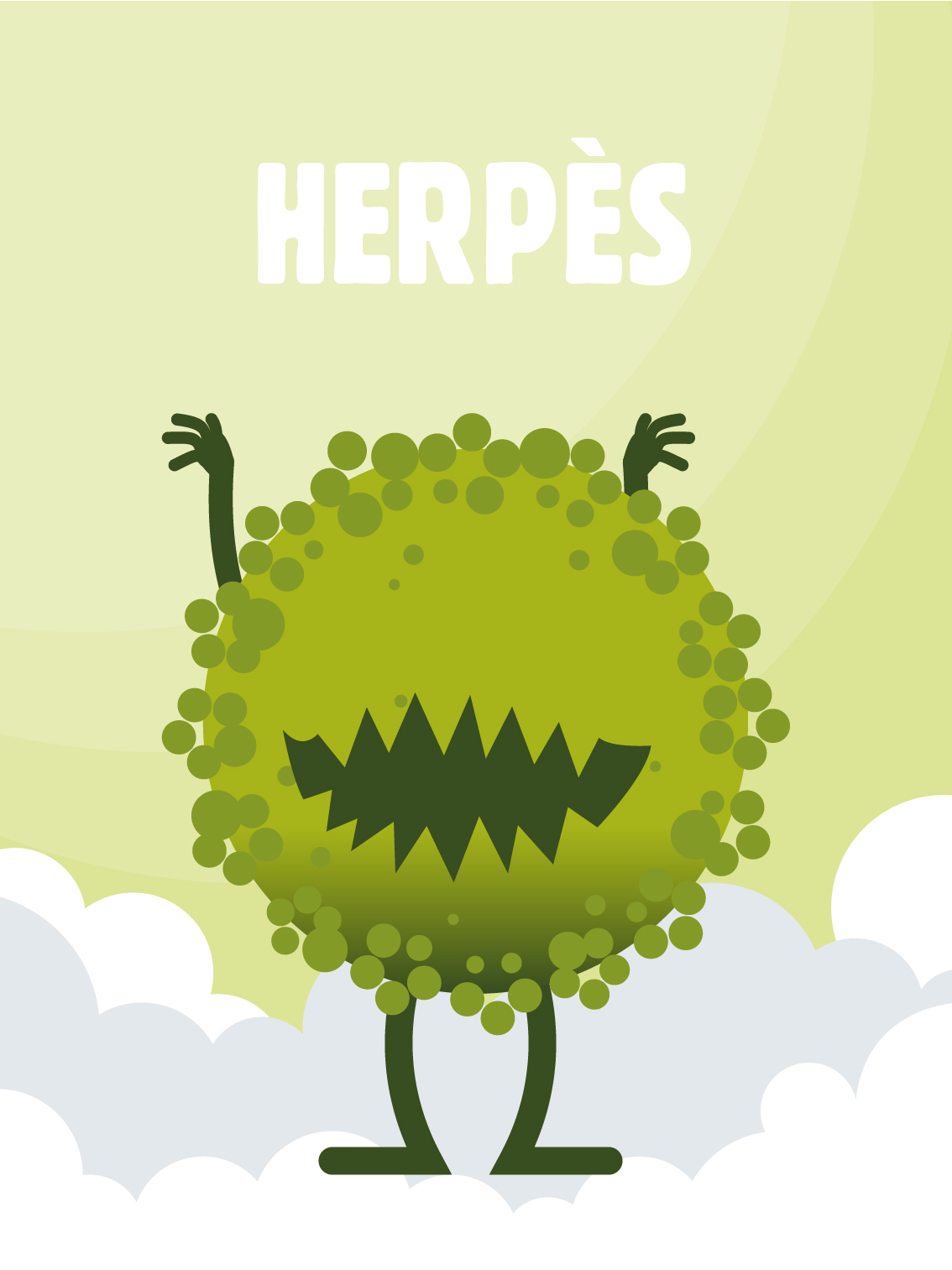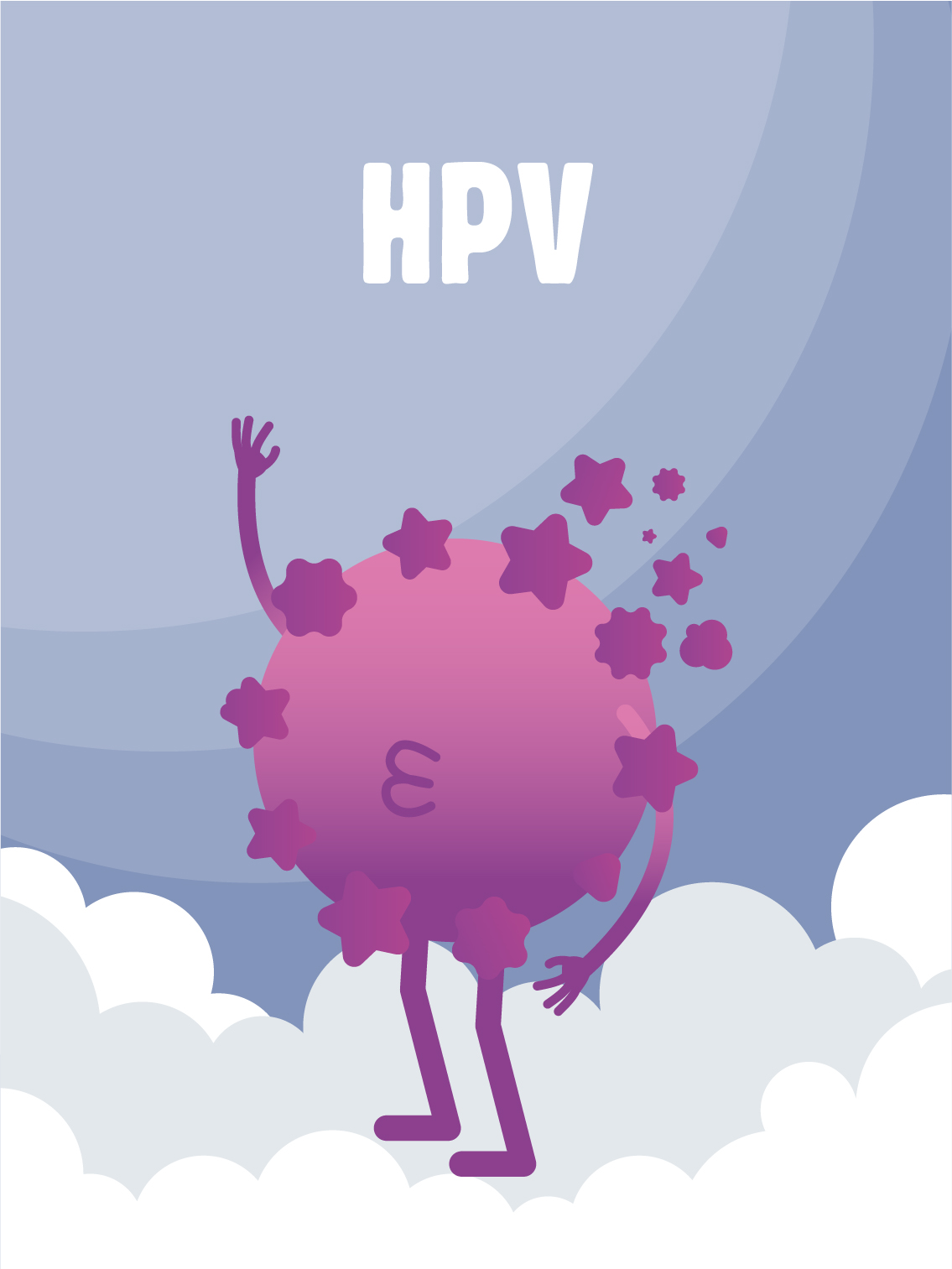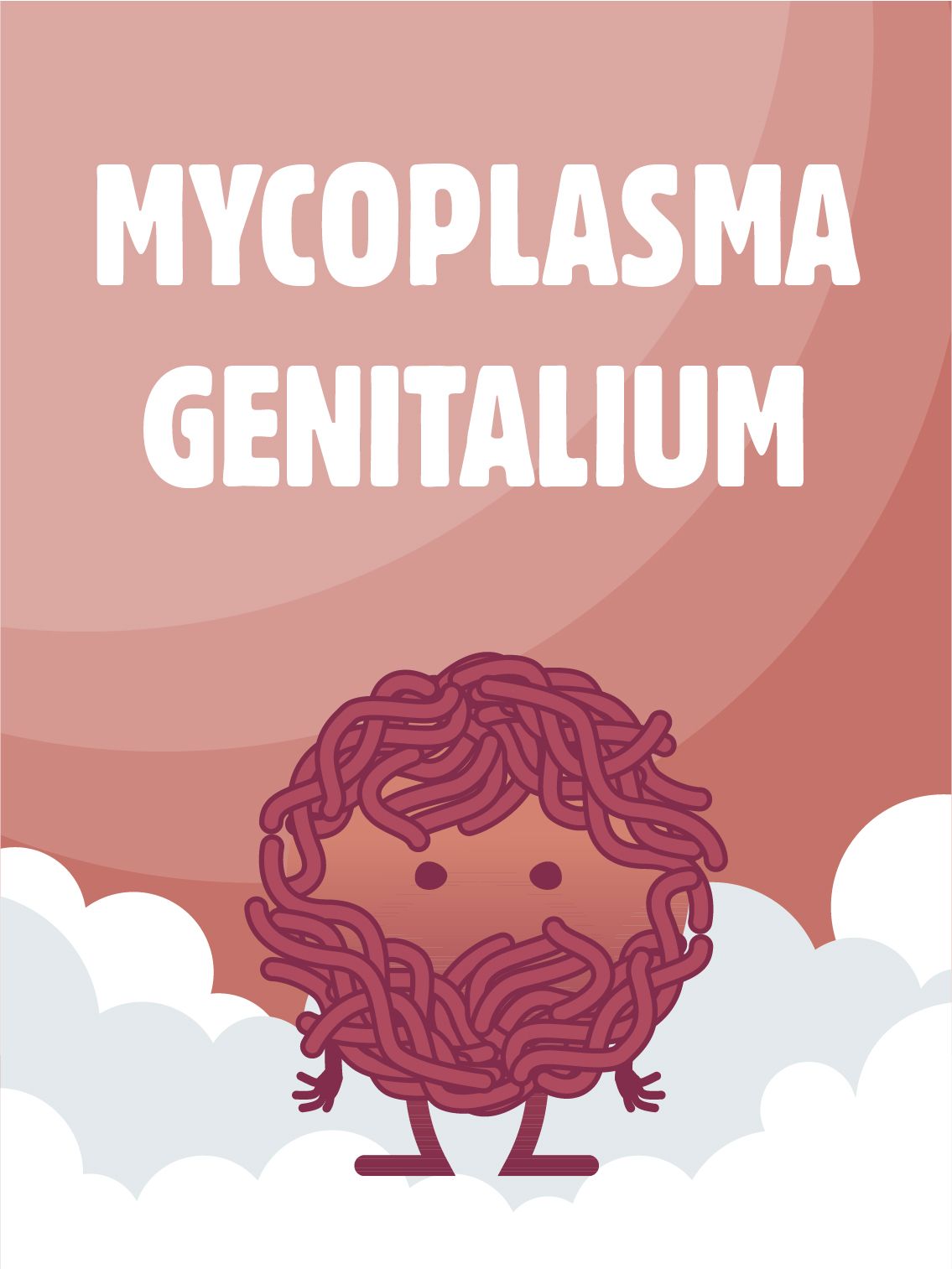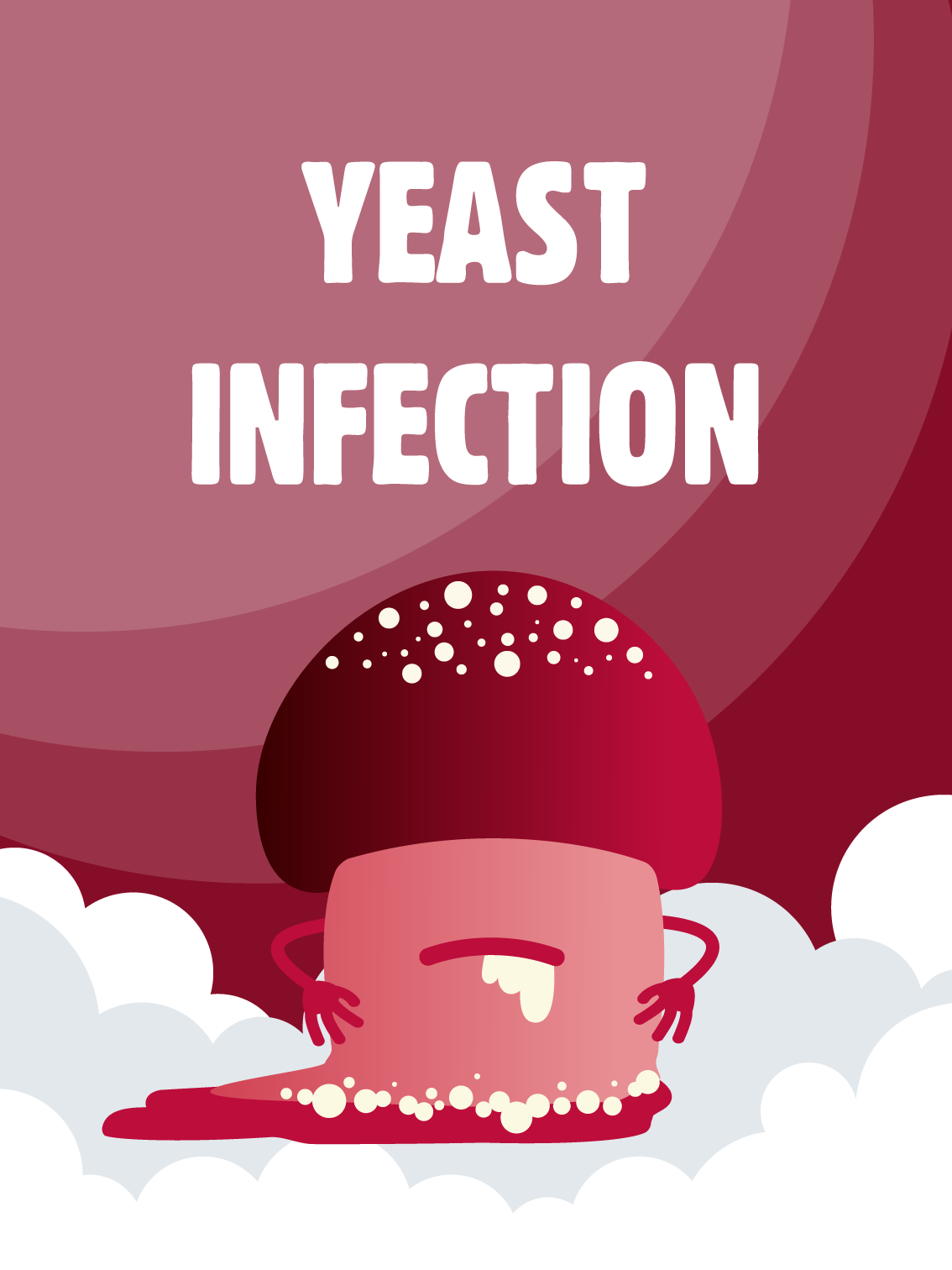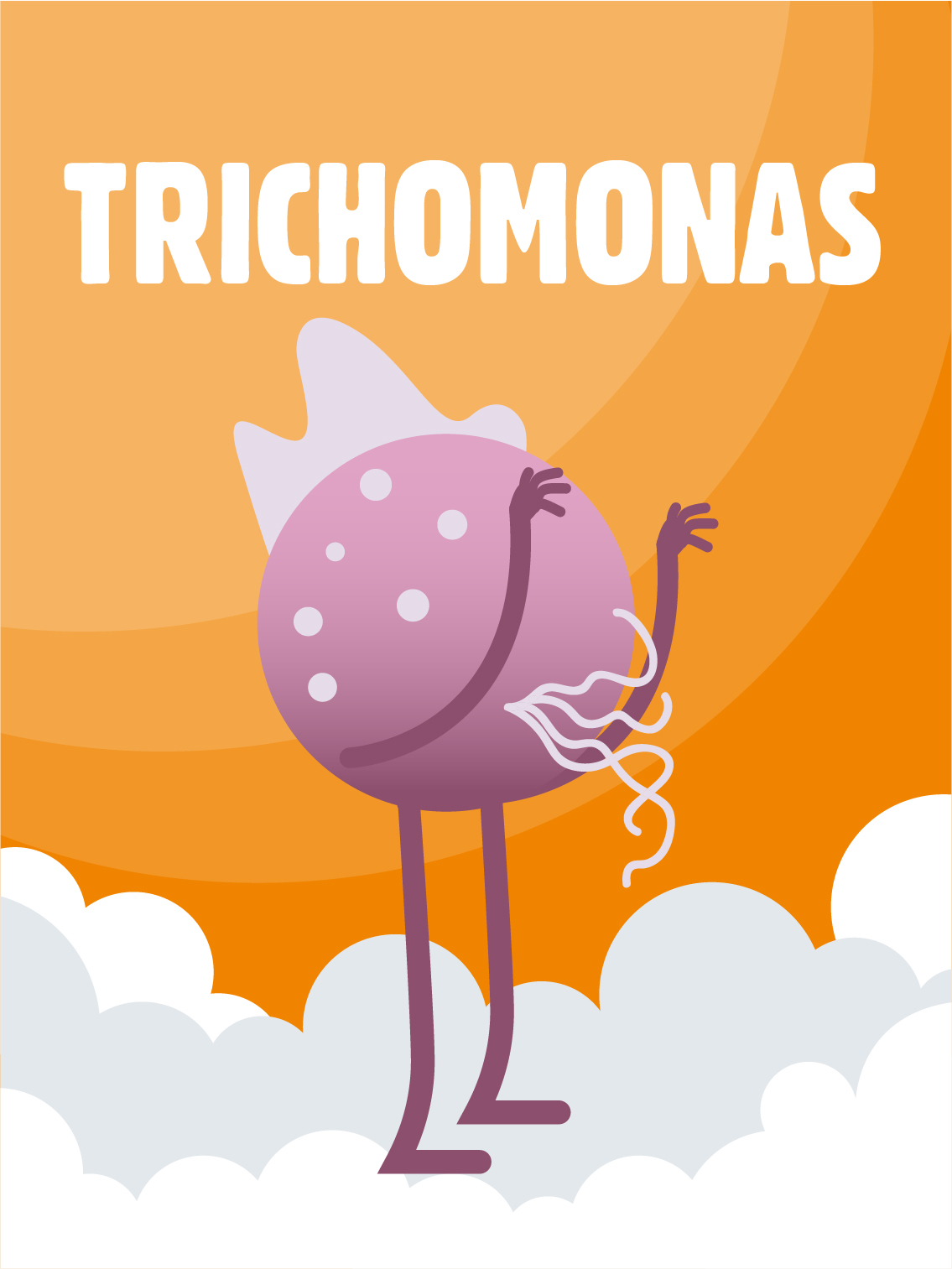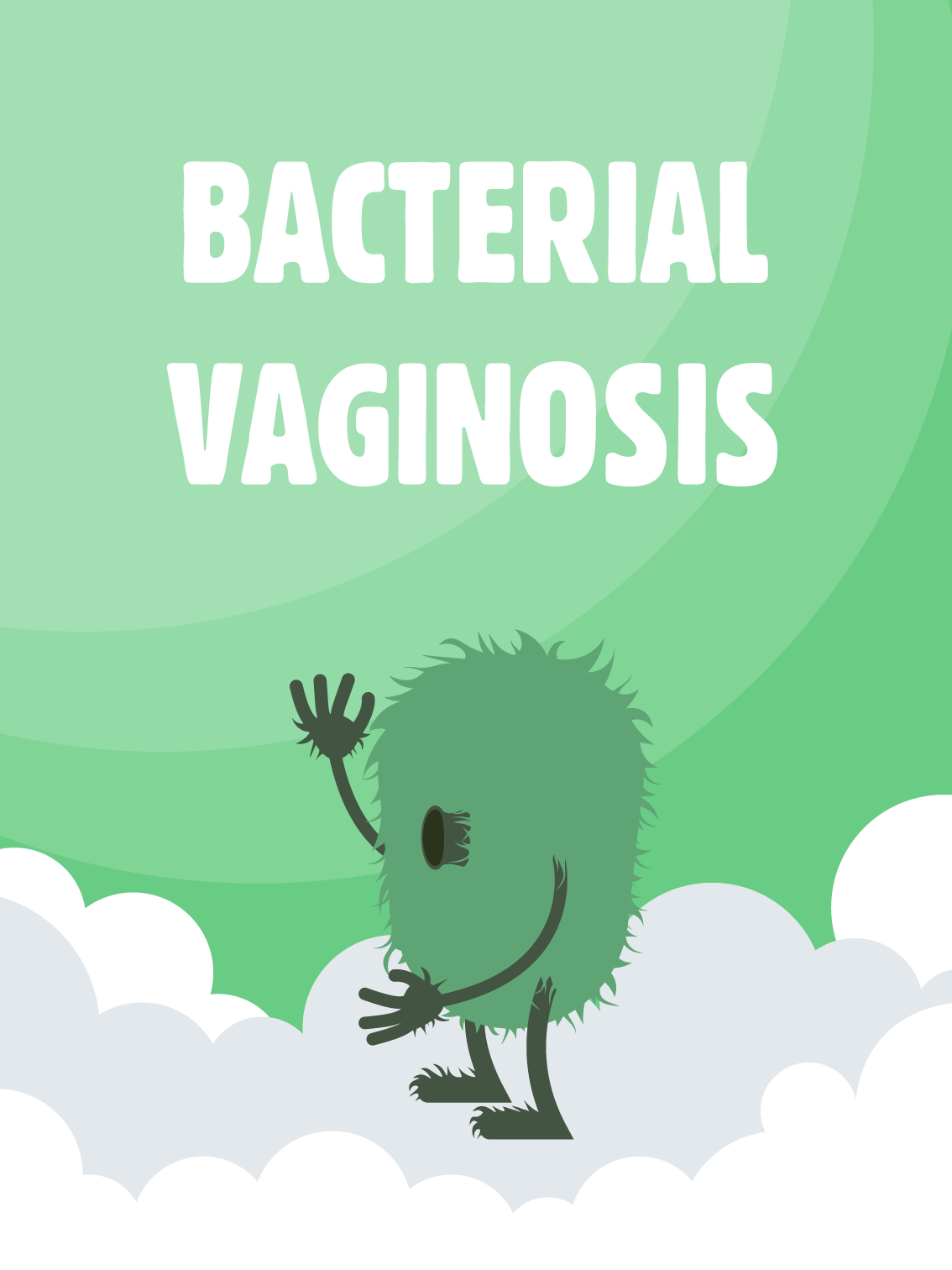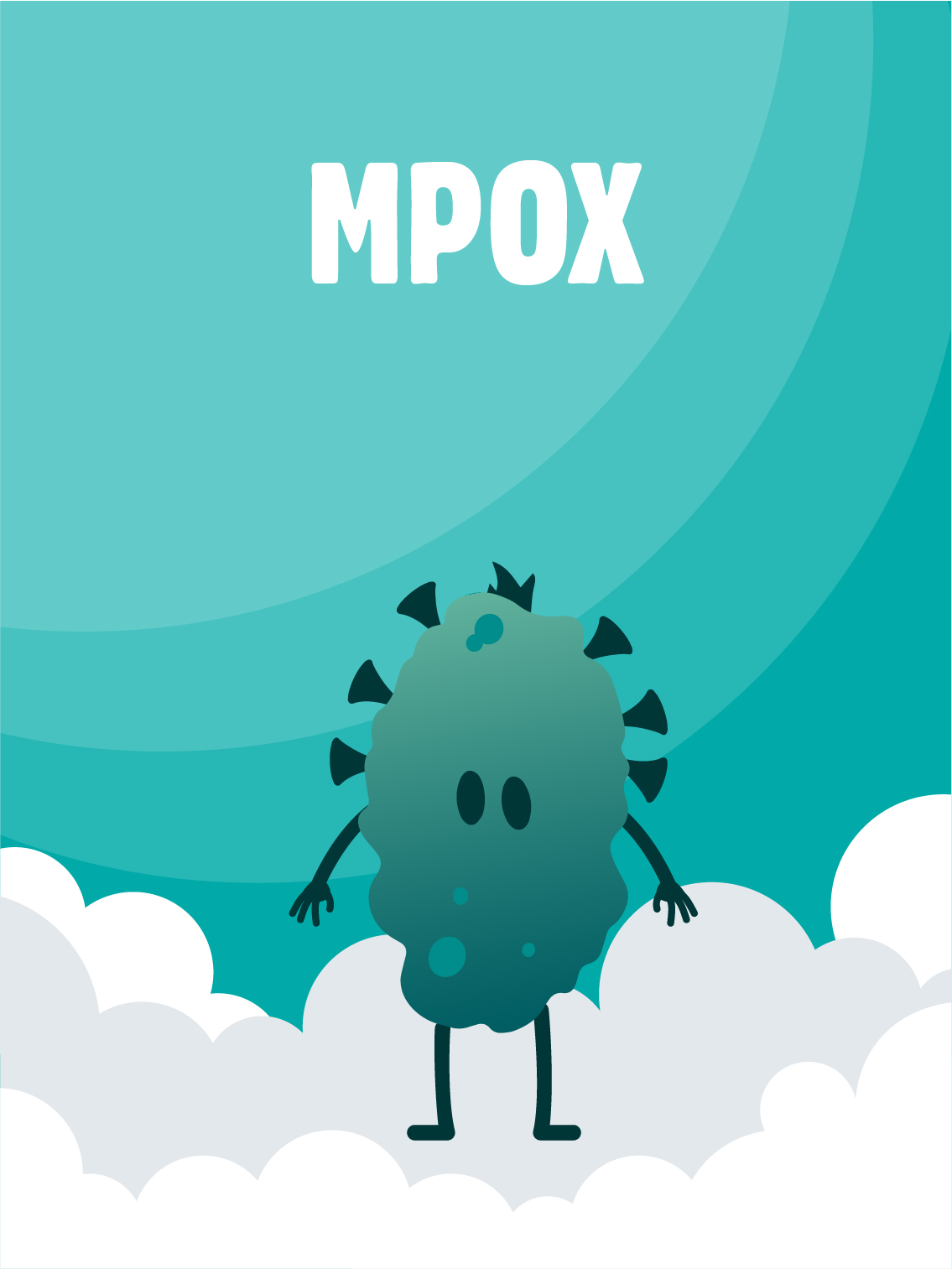TRICHOMONAS
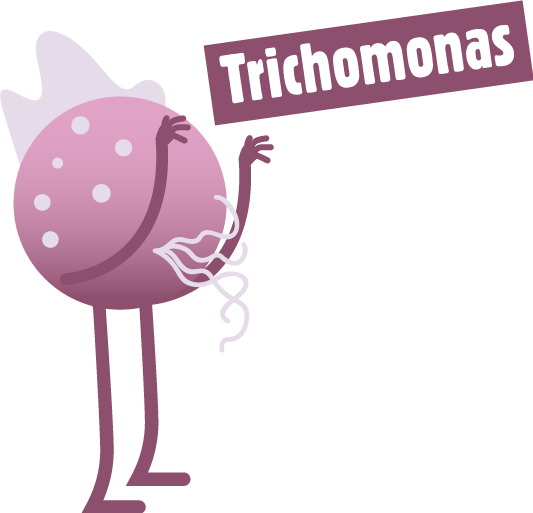
Trichomonas vaginalis is a parasite transmitted by sexual contact. It causes symptoms mainly in people with a vulva. In people with a penis, the infection is usually symptomless. It is the most widespread non-viral STI in the world, with 156 million new cases in 2020 (WHO, 2023), and is associated with an increased risk of contracting HIV!
Trichomonas is transmitted:
- By vaginal, oral and/or anal sexual contact;
- rarely during childbirth (from sire to child).
In most cases, trichomonas infection is symptomless. However, when symptoms do occur, they are more likely to appear in people with vulvas than in those with penises.
People with vulvas :
- Vaginal discharge;
- Vaginal redness and pain;
- Pain during intercourse;
- Pain when urinating.
People with penises:
- Penis irritation;
- Frequent and irresistible urge to urinate;
- Pain when urinating.
In people with a vulva, the consequences of trichomonas infection can be :
- Pelvic inflammation (uterus, fallopian tubes and ovaries).
In people with a penis, the consequences of trichomonas infection can be :
- Inflammation of the epididymis* ;
- Inflammation of the prostate ;
- Decreased sperm mobility.
Trichomonas infection can affect pregnancy and childbirth:
- Premature delivery;
- Vaginal and respiratory infections in newborns.
Trichomonas infection multiplies the risk of contracting HIV.
*epididymis: Small funnel-shaped structure located on the upper edge of the testicle, serving as a storage space for maturing spermatozoa.
Trichomonas infection is detected in the presence of symptoms with :
- A vaginal smear for people with vulvas;
- A urine sample or urethral smear (rarely performed) for people with a penis.
Trichomoniasis is easily treated with antiparasitic tablets. Remember to have your partner treated at the same time, otherwise you risk reinfection later on!
The only known way to avoid contamination is to use a condom (internal or external) during sexual intercourse.

